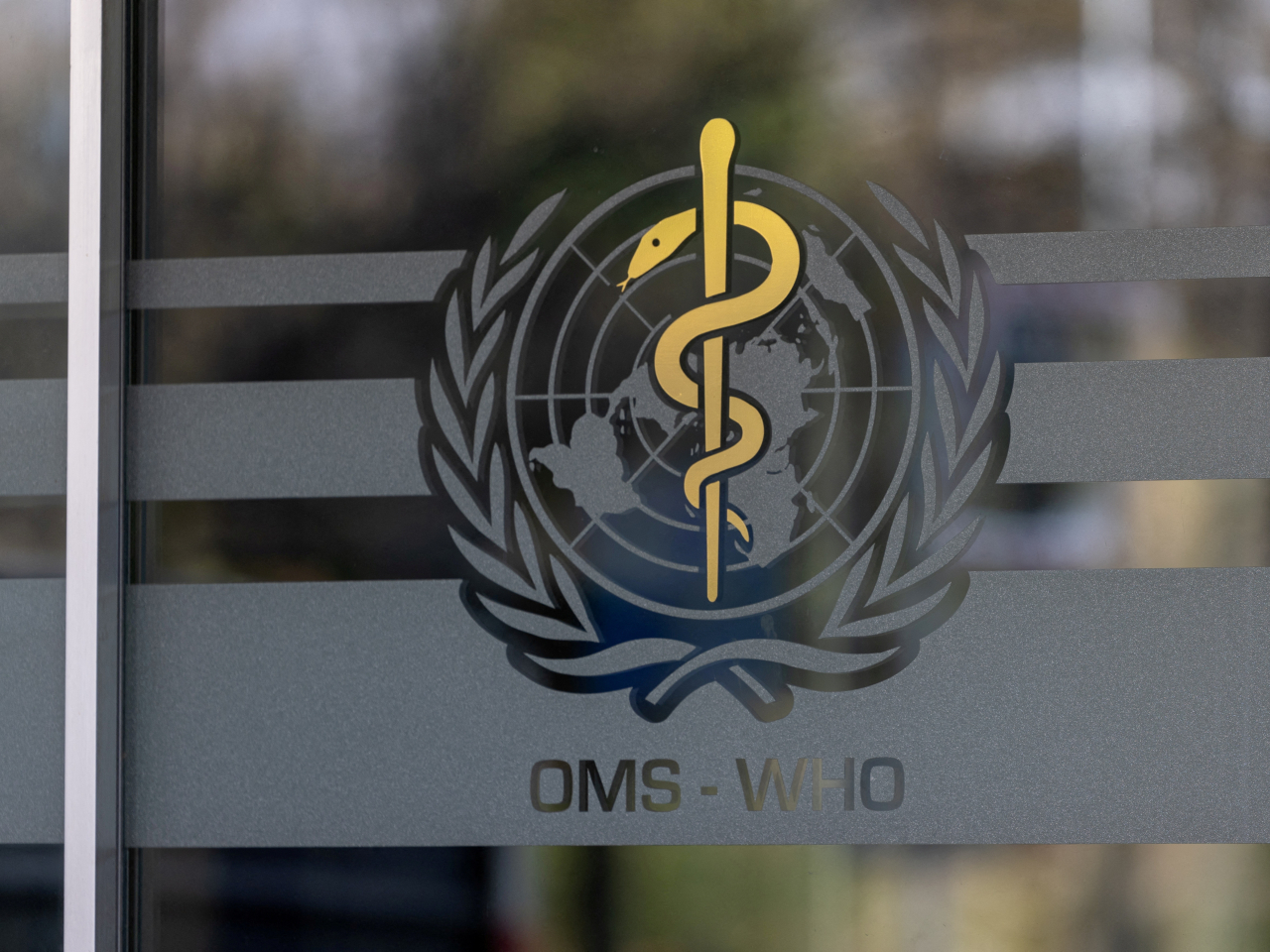The World Health Organization sounded the alarm on Monday over soaring numbers of drug-resistant bacterial infections, compromising the effectiveness of life-saving treatments and rendering minor injuries and common infections potentially deadly.
The United Nations' health agency warned that one in six laboratory-confirmed bacterial infections worldwide in 2023 showed resistance to antibiotic treatments.
"These findings are deeply concerning," said Yvan J-F Hutin, head of the WHO's antimicrobial resistance department. "As antibiotic resistance continues to rise, we're running out of treatment options and we're putting lives at risk."
Bacteria have long developed resistance against medicines designed to fight them, rendering many drugs useless.
This has been accelerated by the massive use of antibiotics to treat humans, animals and food.
Antimicrobial-resistant (AMR) superbugs directly cause over a million deaths and contribute to nearly five million deaths every year, according to the WHO.
In a report on AMR surveillance, the WHO examined resistance prevalence estimates across 22 antibiotics used to treat infections of the urinary and gastrointestinal tracts, the bloodstream and those used to treat gonorrhoea.
In the five years leading up to 2023, antibiotic resistance increased in over 40 percent of the monitored antibiotics, with an average annual rise of between five and 15 percent, the report found.
For urinary tract infections, resistance to commonly-used antibiotics was typically higher than 30 percent globally, it showed.
The report looked at eight common bacteria pathogens, including E coli and K pneumoniae, which can lead to severe bloodstream infections that frequently result in sepsis, organ failure and death.
The WHO warned that more than 40 percent of E coli infections and 55 percent of K pneumoniae infections globally are now resistant to third-generation cephalosporins – the first-choice treatment for these infections.
"Antimicrobial resistance is outpacing advances in modern medicine, threatening the health of families worldwide," WHO chief Tedros Adhanom Ghebreyesus warned in a statement.
The WHO also hailed improvements in surveillance but warned that 48 percent of countries were still not reporting AMR data. (AFP)





